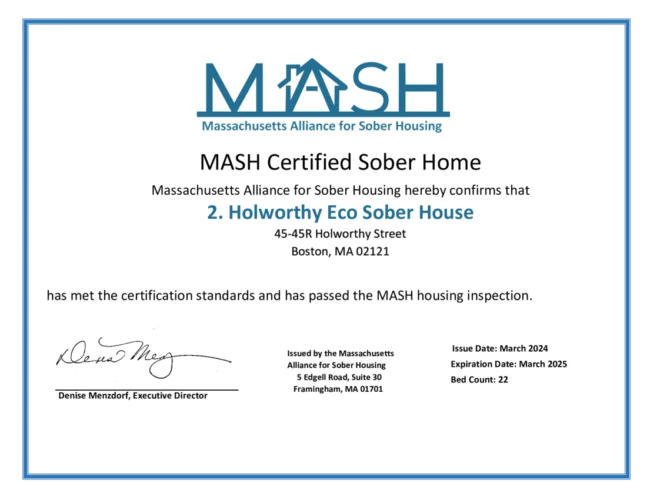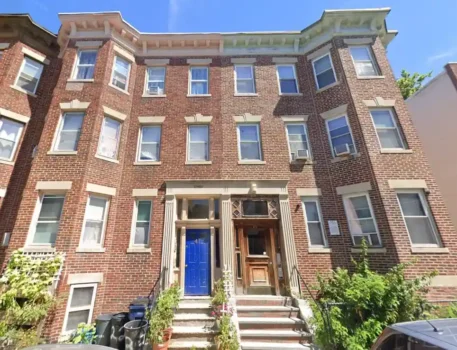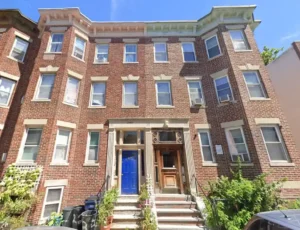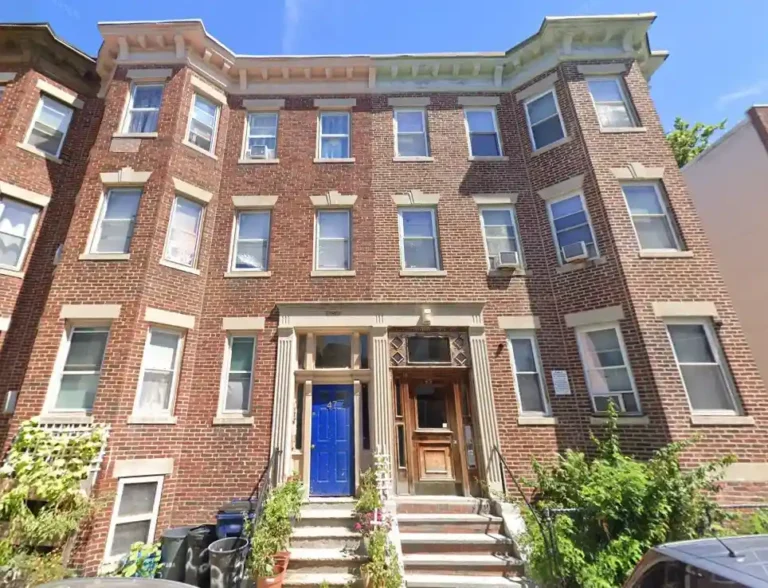Drug Rehab Relapse Going Back to Drug Rehabilitation

Relapse must happen; the more severe the addiction, the more intensive the treatment will be. When you join rehab, they will design a recovery plan for you. You must follow this dedicated plan to recover for your own goodwill. Remember, it will be the start of your sobriety for the rest of your life. There are several types of rehab programs are available.
A Public Health Approach to Preventing Opioid Misuse: Targeting Pharmacists
Because programs vary in their philosophies and treatments offered, finding a center that takes a different approach than the last one you went to may produce better results. The most important factor in your decision to return to rehab should always be your personal health and safety. Remember that there’s no time limit on reaching out for help. Recovery is lifelong, and a relapse can happen at any time, even after years of not drinking. Having occasional cravings or thoughts of drinking is normal during recovery. But when you keep thinking about it, and start planning to do going back to rehab it, it’s time to get help.

Going to Drug Rehab Again
If relapse occurs, it’s time to get into an alcohol or drug rehab right away. It’s important to get back into a treatment program quickly, as it will immediately cut off access to the substance and help the person reclaim control over their recovery. Study findings should be interpreted cautiously in light of important limitations. First, although nationally representative, the study design was cross‐sectional and thus any longitudinal inferences should be made cautiously pending future longitudinal investigations.
How Many Times in Rehab Before It Finally Sticks? The Surprising Truth
Preventing a relapse starts with having a strong recovery plan. It also means making the effort needed to stick with it. Surround yourself with supportive loved ones, attend self-help group meetings, and/or go to therapy sessions. If you have any mental illness like PTSD or ADHD, you will find more hard times to overcome your situation. Consult with your doctors and make a wise decision while joining rehab. Many people like you think drugs can be the solution to their boredom.

What Percentage of Alcoholics Recover and Stay Sober?
Behavioral therapies help people in drug addiction treatment modify their attitudes and behaviors related to drug use. As a result, patients are able to handle stressful situations and various triggers that might cause another relapse. Behavioral therapies can also enhance the effectiveness of medications and help people remain in treatment longer.
Why Didn’t Treatment Work The First Time?

Some studies consider 12-Step programs treatment while others do not. Furthermore, researchers don’t follow up with study participants after the same amount of time. Thus, the validity of spontaneous recovery is primarily anecdotal at this point. Living in a neighborhood with high substance use activity or near bars can increase the risk of relapse. Lack of structure and routine in daily life can also contribute to relapse, as individuals may struggle to fill their time with healthy activities. If you or a loved one has relapsed, there is help available.
If people stop following their medical treatment plan, they are likely to relapse. Research on the science of addiction and the treatment of substance use disorders has led to the development of research-based methods that help people to stop using drugs and resume productive lives, also known as being in recovery. The efficacy of drug and alcohol rehab programs varies depending on factors. This may include the type of substance involved, individual characteristics, treatment setting, and specific interventions used. Given these daunting statistics, newly recovering addicts are encouraged to protect their sobriety by utilizing aftercare support services and 12-step programs. Knowing how to respond if a relapse happens is also incredibly important when it comes to maintaining long-term recovery.
We work with them on strategies to deal with such triggers.There’s also a big difference between understanding and acceptance. When someone enters treatment for the first time, it is a matter of helping them understand their disease and what recovery entails. When it comes to treatment after a relapse, we must evaluate what isn’t working for them and why and revise their recovery strategy accordingly.
With CBT, you learn that recovery is based on practicing coping skills, not willpower. You can discuss trigger situations with your therapist and rehearse strategies to deal with them. You will get to know yourself better, and never like before. In these recovery days, you can try new skills and grow interest in various things. It will make you happy and keep you busy distracting from addiction.
- Likewise, if you have not previously completedalcohol rehabafter alcohol detox, you should consider this as a way toincrease your chances of long-term sobriety.
- Dennis and colleagues (2005) conducted a 5‐year follow‐up of more than 1,200 predominately minority patients admitted to publicly funded addiction treatment in a large U.S. metropolitan area.
- Yes, while you are trying and constantly failing, trying again for proper rehab can be stressful.
As part of the survey, participants answered the question, “Approximately how many serious attempts did you make to resolve your alcohol/drug problem before you overcame it? ” Participants also self-reported demographic information, as well as primary substance, clinical histories, and measures of psychological distress/well-being. It can be difficult to get back into recovery after relapse. For someone who has lived in recovery, there is an added layer of guilt and shame. It’s not like I didn’t do this before.” When they start adding a second, third or fourth treatment experience, they sometimes wonder why other people can get this the first time around when they can’t. So, it’s not always a case of pick yourself up, dust yourself off and get back to meetings.To deal with this during treatment, we go back to the beginning of their disease.